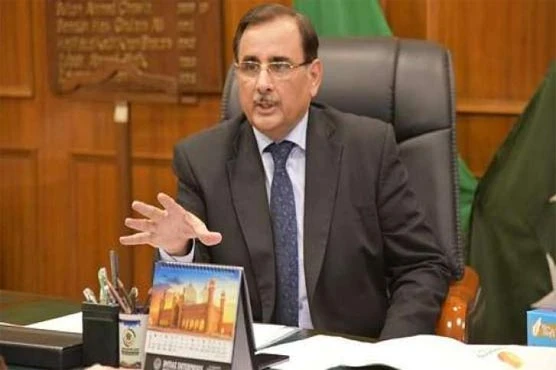BMP wants practical steps to achieve $60b export target for three years

Stay tuned with 24 News HD Android App

The Federation of Pakistan Chambers of Commerce & Industry’s Businessmen Panel has stressed the need for taking practical steps to achieve the government exports target of $60 in next three years, putting the economy on a sustainable growth trajectory by providing incentives to the industry.
FPCCI former president and Businessmen Panel (BMP) Chairman Mian Anjum Nisar lamented that the economy is facing multiple challenges of stagnant exports, high inflation, low growth and declining foreign reserves, with fiscal accounts under immense pressure on account of heavy interest payments.
He said that the present situation shows the government would find it difficult to achieve the industrial growth and export target, leading to more pressure on foreign exchange reserves of the country. He asked the government to address the underlying structural vulnerabilities through smooth energy supply at competitive rates, as country’s overall export proceeds continued to shrink.
As imports fell more than the decline in exports, the trade balance of goods and services improved. Exports are constrained by domestic production issues related to the slowdown of demand in the main export markets and high domestic production costs. Imports are currently constrained by sluggish domestic demand and administrative measures to protect the official foreign reserves level.
Since no immediate reversal of these developments is envisaged, the trade balance may further stabilize or further improve somewhat in the upcoming months.
He observed that the low textile and clothing exports is gaining momentum over the past five months owing to multiple factors including high energy costs, stuck-up refunds and a slump in global demands despite the massive depreciation of the rupee. He believes that one of the main reasons behind low exports was the exchange rate instability. The discontinuation of duty drawbacks on local taxes and levies by the government has also created liquidity issues for the export sector.
Mian Anjum Nisar said that the government has increased the gas and electricity tariffs and, at the same time, also the subsidy has been phased out, which will further increase the cost of production.
Month on month increases in consumer prices may be countered by a further mean reverting international commodity prices and some exchange rate stability due to decreased pace of depreciation. The overall money supply growth remains compatible with a return to low and stable inflation.
But the outlook of M2 is broadly dependent on fiscal accounts which are under immense pressure on account of heavy interest payments and rehabilitation spending. Nonetheless, the first 6 months of CFY have ended with some developments; containing fiscal deficit and surplus in primary balance due to effective fiscal management. The State Bank of Pakistan is also enacting a contractionary monetary policy to contain inflationary pressure. However, a larger portion of volatility in the current price level is explained by supply-side factors.
The textile exports remained weak mainly due to the demand and supply challenges being faced by the sector. Global recession, which reduced the purchasing power in key export markets, also resulted in lower bookings of orders, he added. Inventory piled up at large global retailers, while gas shortages and increased costs of working capital in the country also played a role in the decline, he said.
He stated that a major enhancement in exports requires huge and wide structural reforms, urging the government to take business community on board, who are the real stakeholders in preparing policies to enhance exports, which is prerequisite for economic growth. As part of the agreement with the IMF, the government has announced discontinuing subsidies on energy for the export sector.
It is to be noted that while chairing a meeting of the National Export Development Board, the prime minister tasked the authorities concerned to take the country’s annual exports to $60 billion within three years. The prime minister asked the commerce ministry and other relevant departments to take all necessary measures to achieve the given target. He said the country’s exports crossed the $30 billion mark during the previous fiscal year, and the government’s policies also took the IT exports to over $3.2 billion.
The prime minister asked the ministry to resolve the issues pointed out by the exporters and present a report within two weeks. He said that he would personally chair the National Export Development Board meeting every one-and-half months.
Calling for collective efforts for the country’s development, he paid tribute to the business community and investors for their role in increasing exports despite tough circumstances.
Prime Minister Shehbaz asked the commerce ministry to finalise the policy proposals, in coordination with representatives of the potential export sectors. He also tasked the Ministry of National Food Security to improve extension services, in coordination with provinces, to enhance agricultural exports.
He said that the delivery time of Pakistani goods to Europe and America should be reduced by solving the problems related to the shipping of exports immediately. Similarly, the commerce ministry and Board of Investment should ensure cooperation regarding the transfer of Chinese export industries to Pakistan.
